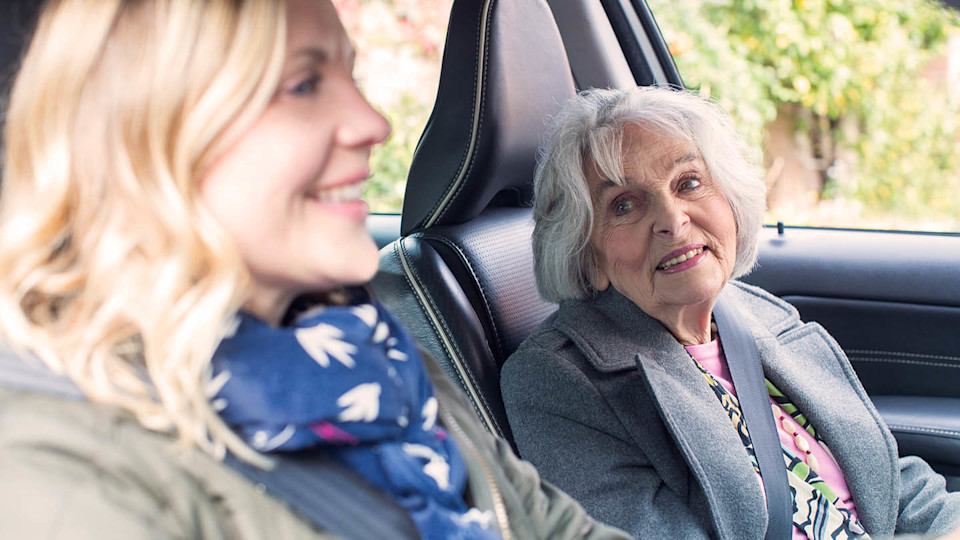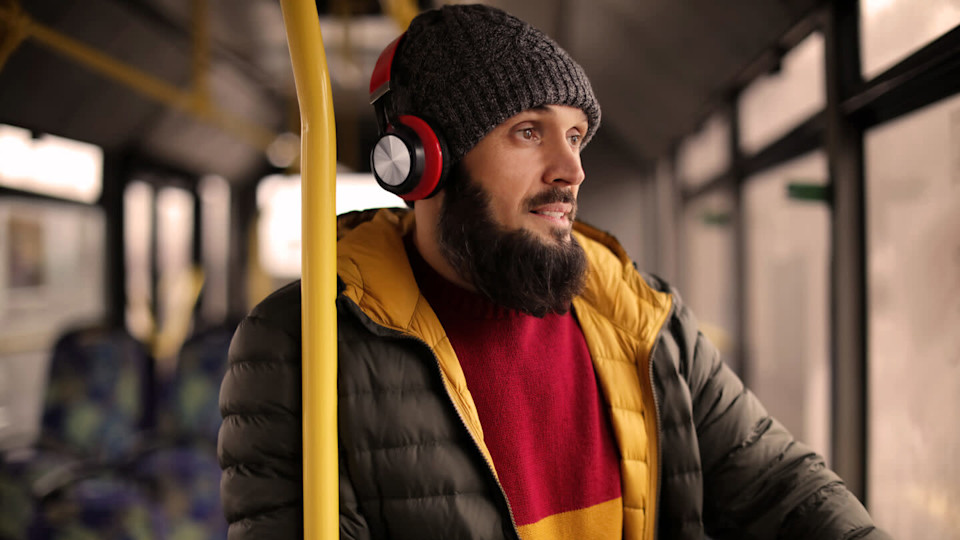
Criminal defence
What happens after a notice of intended prosecution?
Everyone knows that speeding is illegal but according to a recent study, a driver is caught speeding every 75 seconds in the UK, with the average driver going almost 10mph over the limit.
The research, conducted by Direct Line Car Insurance, also found that police recorded 1.25 million speeding incidents over a three year period, from 2015-2017.
But what happens if you have been given a Notice of Intended Prosecution- a notice from the police to say you have committed a motoring offence- that you think is unfair and want to contest?
Why have I received a NIP?
You will usually receive a Notice of Intended Prosecution (NIP) if there is an allegation of speeding offence and you are the registered keeper of the vehicle in question. You may also receive a Notice of Intended Prosecution if you have been nominated as being the driver of the vehicle in question.
The original NIP must be served on the registered keeper of a vehicle with a Request for Driver Information, within 14 days of the date of the alleged offence being committed. The request then places a legal obligation on the person to whom it is addressed, be that the registered keeper or the nominated driver, to provide the details of the driver of the vehicle at the time of the alleged offence.
What happens after I have received a NIP?
You have a legal obligation to provide the requested information – it’s therefore always best to make sure you get proof of postage. If you do not respond, or do so outside the time limit, you may be prosecuted for the offence of Failure to Furnish Driver Information which carries six penalty points in addition to a fine.
If you send back the completed NIP confirming that someone else was driving the vehicle, they will then receive a NIP addressed to them and they will have a legal obligation to respond. They will need to confirm either that they were driving or confirm the details of who was driving.
If you send back the NIP confirming that you were the driver at the time of the alleged offence, the prosecution will then have three options about what to do next:
1. Offer you a speed awareness course, which will result in no points being endorsed on your licence
2. Offer you a conditional fixed penalty, which is three points and £100 fine, although you must comply with the conditions
3. Refer the case to Court and issue you with paperwork requiring you to enter a plea, either guilty or not guilty.
What can I do if I don't agree with a NIP?
You have a legal obligation to respond to a NIP which is addressed to you. It’s worthwhile remembering that responding to a NIP is not an admission of guilt and you will have an opportunity to defend the matter as your case progresses.
If you think the NIP is incorrect or issued outside of the 14 day time limit this may be a defence to the speeding allegation, however, you must still respond even if you do not know who was driving. If you are unsure it is highly advisable to seek specialist professional advice as soon as possible to ensure that you are providing the response required under law.
How do I take my NIP case to court?
The prosecution will try to deal with most minor speeding offences by offering a fixed penalty or a speed awareness course if possible. If you do not agree you were speeding and want to defend the allegation, then you do not have to accept this offer. You will need to respond requesting a Court hearing and once paperwork is received requiring you to enter a plea, it is highly advisable to seek specialist professional advice regarding possible defences. This is something that our specialists assess during our initial telephone consultation in addition to the prospects of being successful at trial. We do this from the outset of your case and throughout its duration.
For further assistance contact us online or call us on 0330 041 5869
All information was correct at the time of publication.




It isn't just drivers who can claim for injuries sustained on the road. Road traffic accidents (RTA) can cause injuries to all sorts of people, including innocent bystanders; so our friendly and approachable legal experts are always happy to discuss every case, without obligation.